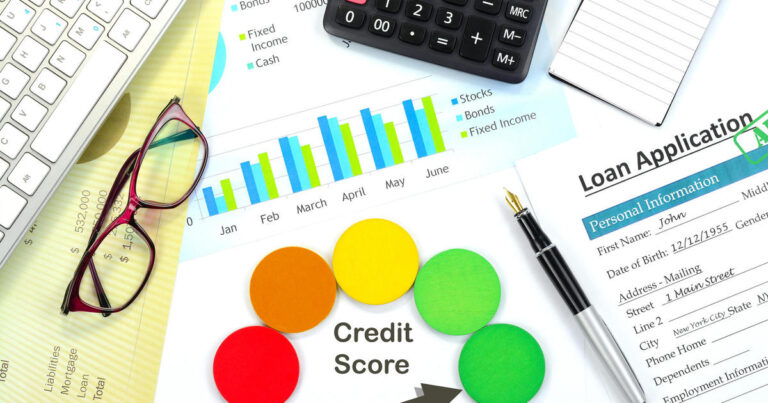Getty Images
With average credit card interest rates recently surpassing 23% and retail credit card rates sitting above 30% on average, many Americans have found themselves trapped in a cycle of minimum payments and mounting balances. That can be a tough road to navigate in any economic environment, but in today’s landscape, where prices on essentials continue to climb and household budgets remain stretched, it can be even more difficult to conquer. As a result, more cardholders are maxing out their credit cards and becoming delinquent on their credit card payments.
Late payments and maxed-out credit cards can have a real impact on your credit and your financial health, so if you’re facing this issue, it’s important to find ways to get relief. Fortunately, there are many potential debt relief strategies to consider, including credit card debt management programs. These programs were created to help cardholders consolidate multiple credit card payments into a single monthly payment while potentially securing lower interest rates and fees. The appeal is obvious: simplified payments, reduced rates and a clear path to becoming debt-free.
However, some cardholders may be hesitant to enroll in one of these programs due to concerns about the impact it could have on their credit. But will enrolling in a credit card debt management program actually hurt your credit? The answer isn’t entirely straightforward.
Explore the debt relief options available to you now.
Will enrolling in a credit card debt management program hurt your credit?
Enrolling in a debt management program can have both positive and negative effects on your credit score. One of the immediate impacts is that your creditors may add a notation to your credit report indicating that you are participating in a debt management program. While this notation itself doesn’t lower your score, it could raise red flags for lenders, as it signals that you’re receiving help to manage your debts.
Another consideration is how the program affects your credit utilization ratio and credit age. Your creditors will likely close your credit card accounts when you enter the program. This action can negatively impact your credit score in two ways. First, it reduces your available credit, which increases your credit utilization ratio. Second, it can slightly shorten your average credit age if these are long-standing accounts, which could lower your score temporarily.
However, the program’s positive effects often outweigh these initial setbacks. As you make consistent payments through the program, your payment history – which accounts for 35% of your FICO score – strengthens. As your balances decrease, your credit utilization also improves, positively impacting another 30% of your score.
It’s also worth noting that debt management programs don’t carry the same negative credit implications as more drastic measures like bankruptcy or debt settlement. While your credit report will show that you’re paying through a debt management program, this notation itself doesn’t factor into your credit score calculations.
So, the short answer is that ultimately, the effect a debt management plan has on your credit depends heavily on your starting point. If your credit score is already suffering due to late payments or high balances, a debt management program may help stabilize and eventually improve your credit over time. If your score is in good shape but you’re struggling with mounting debt, the short-term impact of closing accounts and creditor notations might bring a noticeable dip in your score.
Tackle your expensive credit card debt today.
What other credit card debt relief options are worth considering?
Debt management programs are just one tool in the debt relief toolbox. Depending on your financial situation, you might want to consider these other alternatives:
- Debt consolidation: With debt consolidation, you take out a single loan to pay off all your credit card balances. This simplifies your payments and can lower your interest rate if you qualify for a competitive loan. However, you’ll need good credit to access the best rates.
- Balance transfer: If you have a solid credit score, a balance transfer card with an introductory 0% APR period can help you save on interest and pay down debt faster. Just be cautious of transfer fees and ensure you can pay off the balance before the promotional period ends.
- Debt settlement: You can contact your creditors, either with the help of a debt relief company or on your own, to try and negotiate a settlement for less than you owe. While this requires negotiation skills, it’s a more direct approach that can yield favorable results.
- Bankruptcy: If you’re facing overwhelming debt with no feasible way to repay it, bankruptcy may provide a clean slate. However, it comes with significant long-term consequences for your credit and should be a last resort.
The bottom line
Enrolling in a credit card debt management program can impact your credit in both positive and negative ways. While the immediate effects — such as account closures and creditor notations — might cause a temporary dip in your score, the long-term benefits of consistent payments and reduced interest rates can outweigh these drawbacks. For many, the opportunity to regain control over their finances and work toward becoming debt-free is worth the trade-off.


